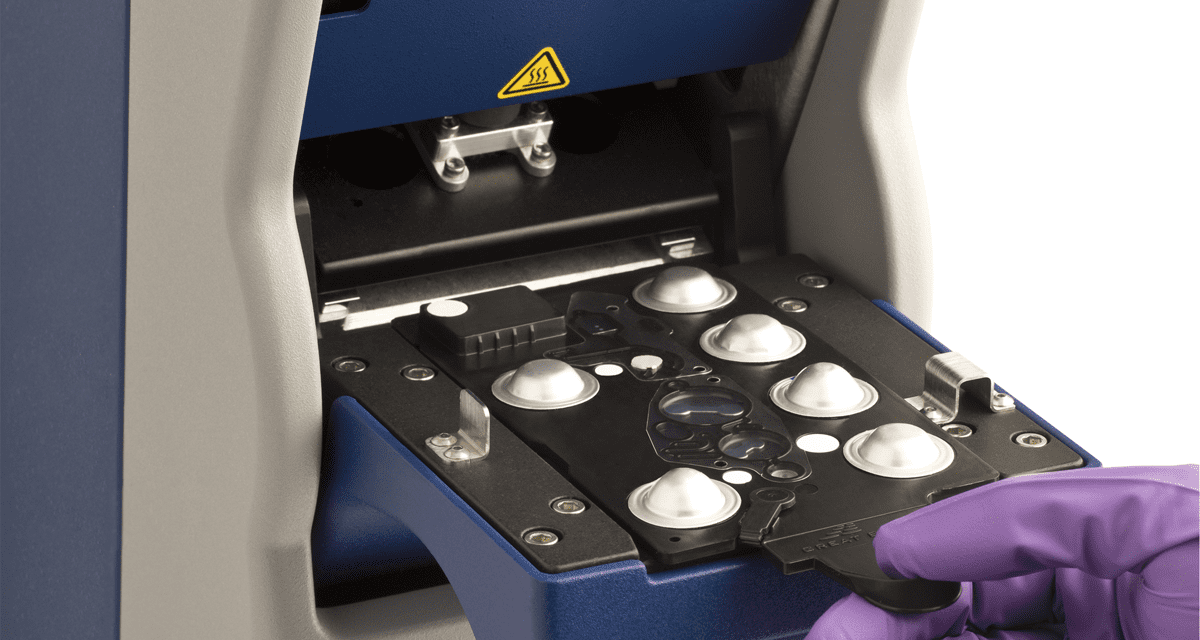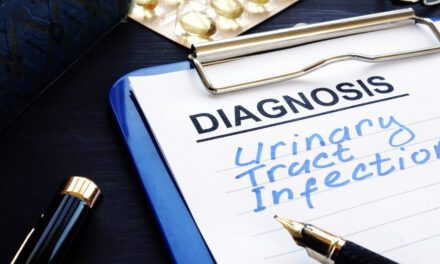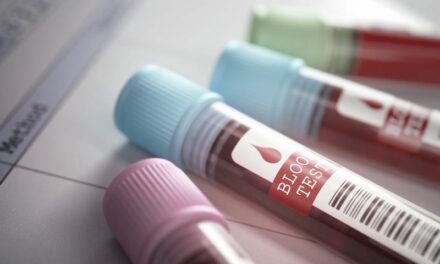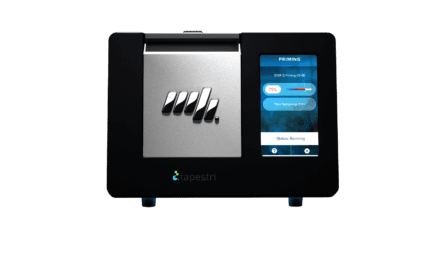Great Basin Scientific Inc, Salt Lake City, has submitted its Shiga toxin direct test to FDA for premarket notification (510(k)) clearance following the successful completion of a clinical trial that met all of the company’s clinical objectives. Upon clearance, the test will be the only standalone molecular test to detect Shiga toxin-producing E. coli (STEC) and the serotype O157 directly from a patient specimen.
The US Centers for Disease Control and Prevention (CDC) reports that STEC is a leading cause of bacterial enteric infections in the United States. In 2009, the agency issued a recommendation that all stools submitted for testing from patients with acute community-acquired diarrhea should be cultured for STEC O157. According to the recommendation, the stools should be simultaneously assayed for non-O157 STEC with a test that detects Shiga toxins or the genes encoding those toxins. CDC states that prompt, accurate diagnosis of a STEC infection is imperative to reduce further infection or kidney damage, and to determine the best course of care, as antibiotic therapy in patients with STEC infections may result in more severe disease.
Great Basin’s Shiga toxin direct test offers sample-to-result testing with less than 3 minutes of hands-on time, and requires no specimen enrichment step. According to the company, the test has a higher sensitivity than either nonmolecular or antigen-based rapid tests. The test detects Shiga toxin-producing E. coli—specifically stx1 and stx2 genes—in addition to identifying the serotype O157. E. coli O157 infection can lead to a life-threatening condition called hemolytic uremic syndrome (HUS), characterized by hemolytic anemia and renal failure. By including identification of O157 in the test, a laboratory can avoid running additional tests or expensive panels to get the definitive answers clinicians need for determining a timely and accurate course of care, providing the means to avoid health complications that may result from misdiagnosis.
“We are aggressively driving the development and commercialization of assays that provide small- to medium-sized hospitals and labs with the easiest-to-use and most cost-effective molecular diagnostic platform available,” says Ryan Ashton, cofounder and chief executive officer of Great Basin Scientific.
Once approved and commercially available, the test will be run on the same Great Basin analyzer used to perform the company’s commercially available lowplex tests for Clostridium difficile and Group B Streptococcus, and the multiplex Staph ID/R blood culture panel currently under review by FDA.
For more information, visit Great Basin Scientific.





